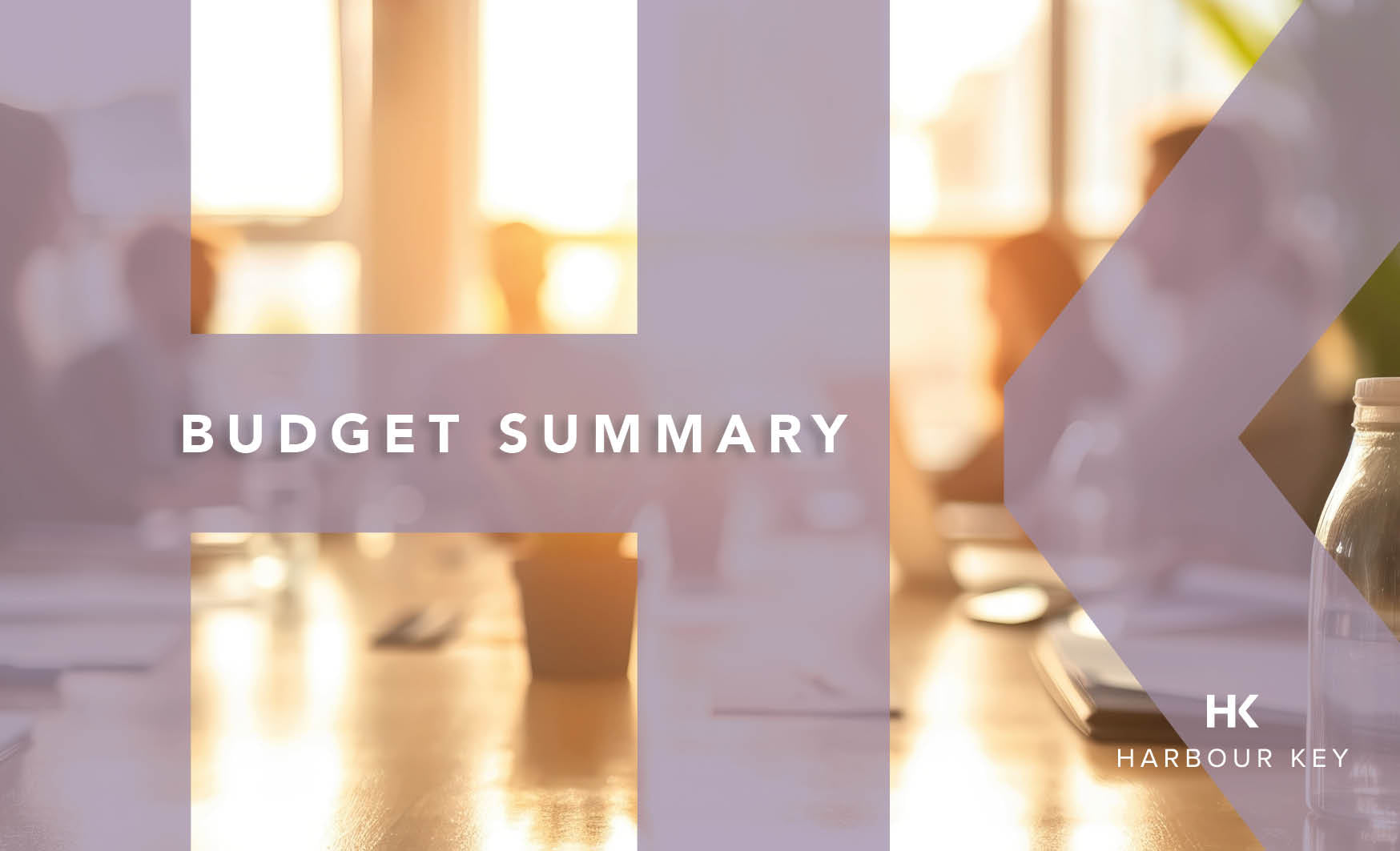Employment Matters & Taxes
The rate of Class 1 Primary National Insurance Contributions, paid by employees on employment income between £1,048 and £4,189 each month will be reduced from 12% to 10% from 6 January 2024.
- For an employee on an annual salary of £50,270, this will be an annual saving of £754.
The National Living Wage is to be increased from £10.42 per hour to £11.44 per hour from 6 April 2024, with the age threshold being reduced from 23 years old to 21 years old.
National Minimum wage rates for younger workers (18- to 20-year-olds) will also increase from £7.49 to £8.60 from 6 April 2024.
The apprentice hourly wage will increase from £5.28 to £6.40 from 6 April 2024.
Consultation regarding giving savers a legal right to require a new employer to pay pension contributions into their existing pension pot if they choose, meaning people can move to having one pension pot for life.
Enterprise Management Incentive (“EMI”) share options – The period to report the grant of options by the employer will be extended to the 6
thJuly following the end of the tax year the options were granted, compared to the current time limit to notify of 92 days after the grant was made. The measure applies to options granted on or after 6 April 2024.
Self-Employed
Class 2 National Insurance Contributions, paid by self-employed individuals and partners in a partnership, will be abolished from 6 April 2024, an annual saving of £179.40. Access to contributory benefits (such as the State Pension) will be maintained.
The rate of Class 4 National Insurance Contributions paid on profits between £12,570 and £50,270, again paid by self-employed individuals and partners in a partnership, will be reduced from 9% to 8% from 6 April 2024. For someone with profits of £50,270 this will be an annual saving of £377.
Cash Basis Accounting - Current rules set the accruals basis as the default method of calculation and restrict which businesses can use the cash basis for accounting and tax purposes. From the 2024 tax year, the cash basis will be the default method of calculating trading profits for eligible businesses, with an opt-out for accruals.
Business Taxes
Full expensing, which was a temporary measure introduced in the Spring Budget 2023, has been made permanent. This relief allows companies to claim a full deduction for Corporation Tax against certain capital expenditure in the year it is incurred.
- Due to the £1million Annual Investment Allowance (“AIA”), this measure is only likely to benefit companies that invest heavily in capital assets/equipment.
The existing R&D Expenditure Credit (RDEC) and Small and Medium Enterprise Scheme (SME) R&D relief schemes will be merged from April 2024, as previously announced. There is reference to a separate relief for SME intensive businesses, the Chancellor referencing life sciences in his speech, but there is no detail as to what this is.
The Business Rates Small Business multiplier has been frozen for another year, a relief for many small businesses.
The Retail/Hospitality/Leisure Business Rates discount of 75% has been extended for a further year, which was heavily lobbied for.
The Enterprise Incentive Scheme (“EIS”) and Venture Capital Trust (“VCT”) legislation contained a sunset clause which limited the applicable tax relief to shares issued before 6 April 2025. Following much lobbying, including by Harbour Key, the sunset clauses have been extended to 6 April 2035, continuing the availability of the tax reliefs, which are important for qualifying companies to attract investors.
Four new advanced manufacturing Investment Zones will be established, Greater Manchester, East Midlands, West Midlands and East Wales, extending the 12 announced in the previous budget. In addition, financial incentives in Investment Zones and Freeports will be extended from five to ten years.
From 6 April 2024, subcontractors within the Construction Industry Scheme (“CIS”) will have to demonstrate compliance with VAT obligations to be granted and keep gross payment status. HMRC will also have the power to immediately cancel gross payment status where it has reasonable grounds to suspect fraud involving VAT, Corporation Tax, Income Tax and Pay as You Earn.
Capital Gains Tax
No changes or announcements.
Inheritance Tax
No changes or announcements, despite some Conservatives MPs lobbying to the Chancellor.
Duties
Alcohol duty has been frozen at current rates until August 2024.
The duty rate on all tobacco products to increase 2% above the Retail Price Index, with duty on hand-rolling tobacco increasing by 10%, taking effect from 6pm 22 November.
Fuel duties frozen.
From 1 April 2024, the rates of Air Passenger Duty for the tax year 2024 to 2025 will increase in line with the Retail Price Index, increasing flight costs.
Vehicle Excise Duty (VED) rates for cars, vans, motorcycles and motorcycle trade licences will increase in line with the Retail Price Index from 1 April 2024.
State Benefits
The State Pension “Triple Lock” will be honoured for the 2024/25 tax year, with an 8.5% increase in State Pension payments from 6 April 2024.
Benefits (including Universal Credit) will be increase by the September 2023 inflation figure of 6.7%, effective from 6 April 2024.
Reforms to the welfare system to get claimants back in to work, with mandatory work placements to gain new skills and experience to improve employability. If an individual refuses to engage with the work search process and reskilling, benefits will be stopped.
HMRC Administration
From 2025 employers will be required to provide more detailed information on employee hours worked using Real Time Information PAYE reporting. Secondly, shareholders who are company-owner managers in owner-managed businesses will need to report via their Self-Assessment tax return:
- Amount of dividend income received from their own companies separately to other dividend income.
- The percentage share they hold in their own companies.
HMRC will use the information as part of their artificial intelligence system (known as Connect), for compliance and enquiry purposes, to confirm correct taxes paid or any minimum wage breaches.
- The maximum prison term for the most egregious examples of tax fraud will be increased from 7 to 14 years. This is part of a wider package of measures to discourage those who knowingly and deliberately defrauds the Exchequer.
- HMRC will be given a 30% rise in specific funding to expand debt collection activities from the new tax year. The funding is to support HMRC’s ability to help individuals and businesses who are unable to pay their tax debts by increasing HMRC’s debt management resource, but with the objective of improving tax collection.
Please do not hesitate to contact us now if you need help and advise on any of the above matters. 01452 713277




